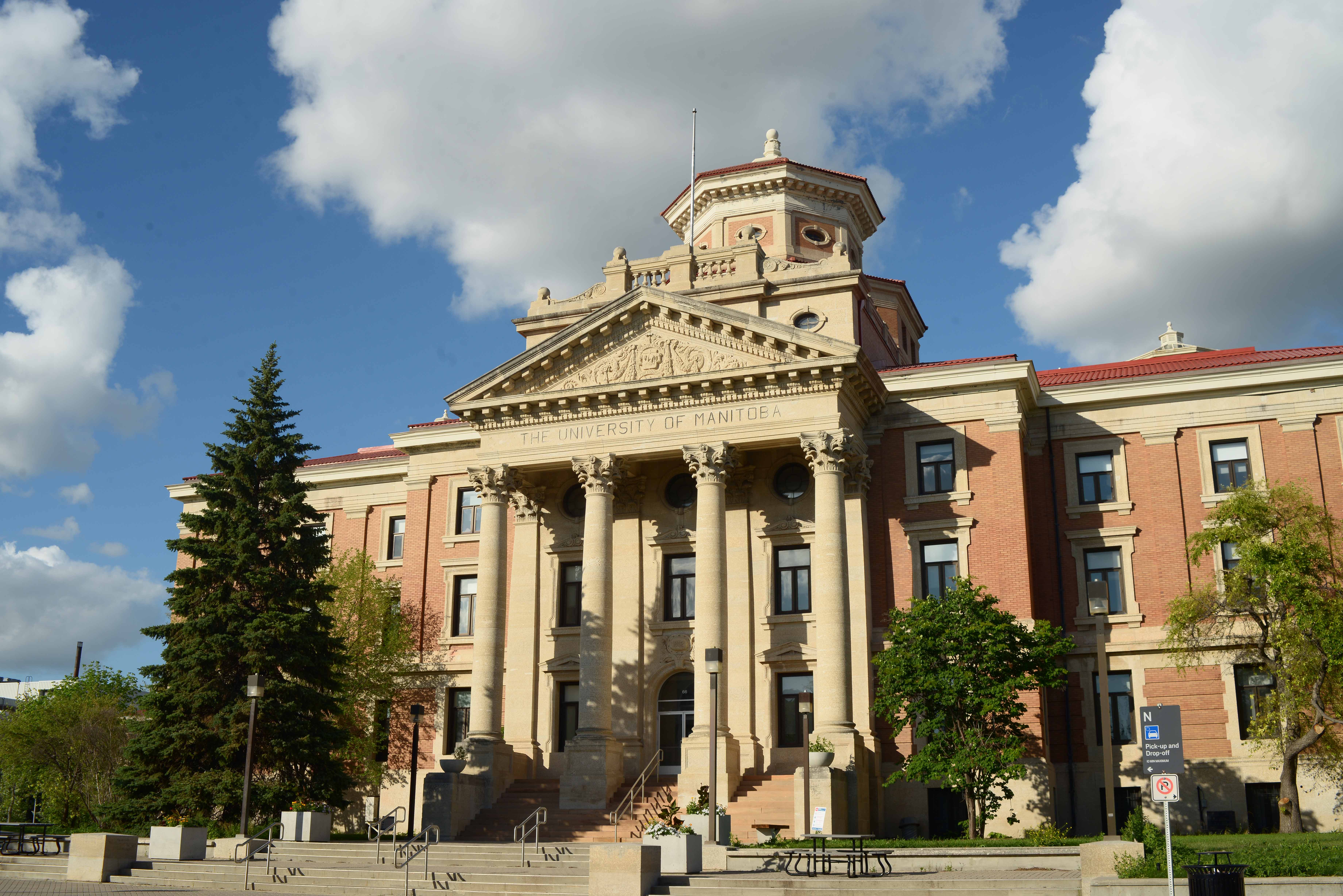Fall semester is rolling in amid uncertain times, but the U of M is aiming to put supports in place for students that are most affected by the changes brought on by the COVID-19 pandemic.
“This is a real concern for us,” said Laurie Schnarr, vice-provost (students).
The university is planning on reopening spaces on campus to provide a place for students that need it to study and to have access to internet and technology.
This week, there has been a soft launch of the opening of the Elizabeth Dafoe library and the sciences and technology libraries, which will be followed by a hard launch in September.
Both will be open from 10 a.m. to 6 p.m. Monday to Friday with limited occupancy to adhere to social distancing guidelines.
Elizabeth Dafoe library will be available for walk-in access only for students with U of M ID cards, and the sciences and technology libraries will have 80 pre-booked spaces.
Both libraries will have open computer labs with social distancing guidelines in place.
The university is also working to put in place 350 non-bookable study seats in lecture theatres across campus to accommodate social distancing.
“We’re going to continue reassessing as we get a better sense of the need,” said Schnarr.
Another study area is being prepared in the libraries, which Schnarr said will prioritize those most in need of a study space.
She said need will be determined based on referrals from advisers.
“Advisers and counsellors at the grassroots are often most well-attuned to which students are in greatest need, [whose] home situations are not good, or [students that] just do not have the technology or even internet to enable them to do the work that they need to do for school,” she explained.
“If [students in need] do not already have established relationships with advisers, they’re being referred there.”
For students in the city with limited access to technology, the U of M technology fund grants a $500 subsidy for those identified by advisers to be in need, along with an application form to complete through the U of M bookstore.
“In some cases, we shipped those computers to students who were in the far North and so on to make sure that they got the computers without having to come to campus,” she said.
The university has prepared resources for students for working with technology at home. Among them are guidelines for system requirements for computers, which are available on Aurora during class registration.
The resources also include online tech support during exams, guidelines for best practices for technology use and a toll-free system that allows students with limited connectivity to join audio of live classes by phone.
A reduced data plan through Bell MTS for U of M students will soon be available as well.
UMSU president Jelynn Dela Cruz said the union is working with the university along with other community groups on campus to “create accessible funding for students who are particularly marginalized and impacted disproportionately by the COVID-19 pandemic.”
“We’re absolutely putting low-income students at the forefront and doing everything within our power to ensure that students are receiving some kind of quality of learning now that is comparable to what they would have received had things been back to normal,” she said.
Dela Cruz said those being impacted disproportionately by the pandemic include international students.
“A couple of international students have approached us now, saying that in previous years they’ve already struggled to meet the tuition deadlines,” she said.
“So now that COVID-19 is happening, different countries across the world are impacted disproportionately.”
To assist with these changes, UMSU has been advocating for looser deadlines for both courses and tuition.
“It’s challenging now for parents to find work in their countries, so it’s harder to fill the tuition requirements as well.
“So one thing that we are planning on doing, and we have been doing, is ensuring that those stories are brought to the forefront and are fully considered by administration,” she continued.
“Whether they address [those stories] in action or not, we’ll continue to push to ensure that they’re being heard.”


